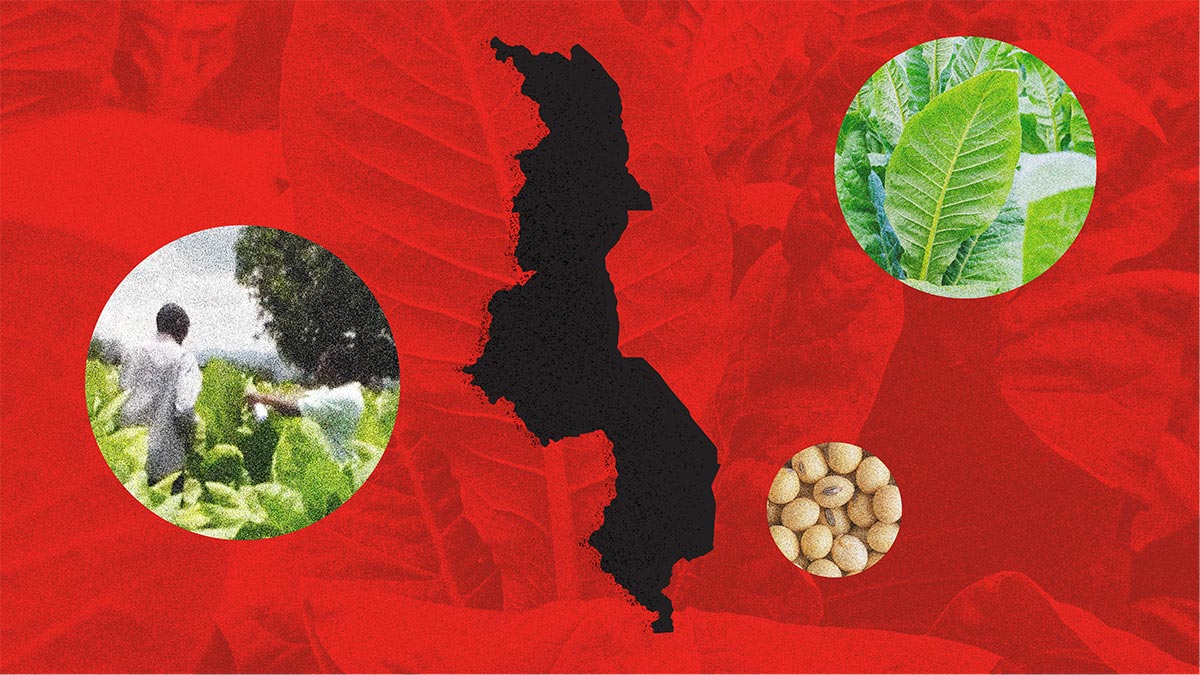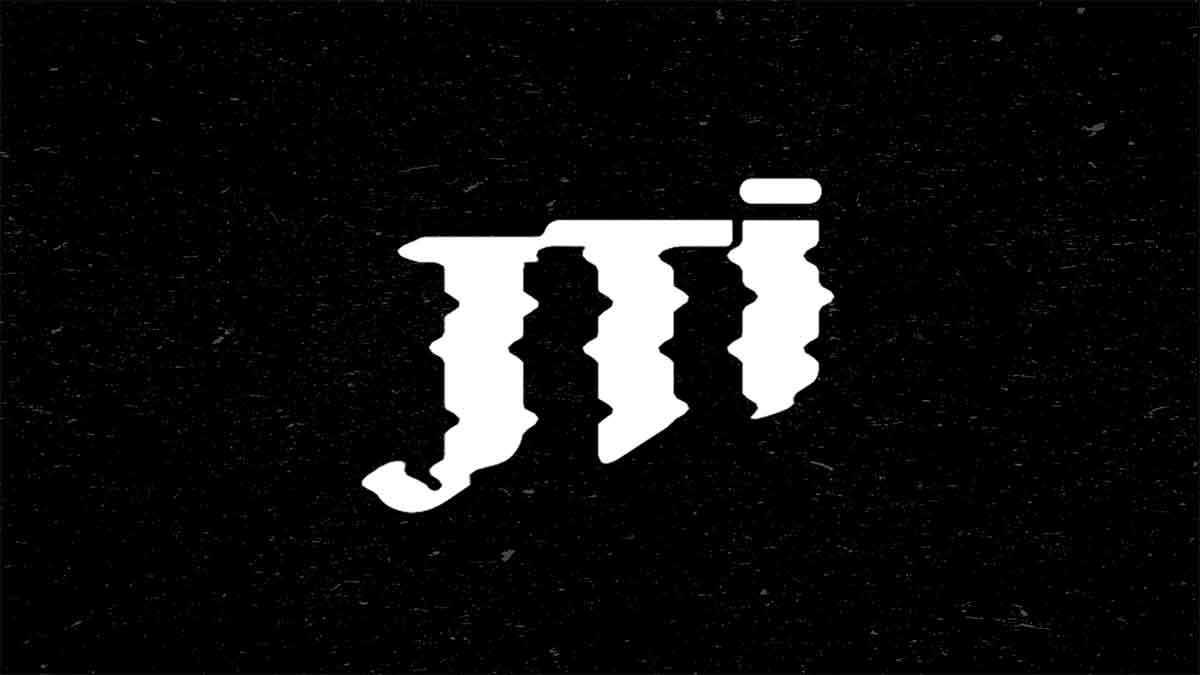- Resources
- News
-
-
Get Email Updates
Sign up for STOP's emails and never miss an update on our latest work and the tobacco industry's activity.
-
Get Funding
Ready to tackle industry interference? You could be eligible for a grant.
-
Share a Tip
Do you have information on tobacco industry misconduct in your country? Let us know.
-
Get Email Updates
Business of Tobacco
October 04, 2021

When it comes to tobacco industry behavior, coincidences are rare. Speaking engagements and sponsorships, for example, are never ad hoc. Think of it this way: Every time a tobacco executive takes the stage somewhere in the world, a box is likely being checked on a corporate strategy to-do list.
2021 has seen the continuation of a concerning trend of tobacco companies sponsoring major events and content in media outlets, which helps them buy their way into participating in panels alongside heads of state and business leaders around the world. Philip Morris International (PMI), the world’s largest transnational tobacco company, has been exceptionally active.
In May, Philip Morris Japan made a deal to sponsor Nikkei’s prestigious international “Future of Asia” conference, with PMI’s CEO taking the stage along other high-profile speakers (though, due to the withdrawal of other speakers and outcry from health advocates, the sponsorship and speaking engagement were both eventually canceled). And just last month, two PMI executives, including its CEO, spoke publicly at a side event—arranged by an organization PMI sponsors—of the 76th United Nations General Assembly.
A foot on the stage, a foot in the door
It’s clear that PMI isn’t trying to engage its customers with these talks—they seem to be about anything but cigarettes. The intended audience appears to be the people who can truly influence whether or not the tobacco industry thrives: policymakers. And these sponsorships and appearances may be a part of a larger strategy to reach them.
When PMI sponsors global, forward-thinking conferences about economic development, or waxes poetic about “innovation” in front of a United Nations-affiliated crowd, the benefits it reaps are twofold. PMI gets direct access to government officials attending the events, and improves its reputation as it’s seen sharing a platform with trusted, prestigious organizations and individuals.
It might just be enough to convince policymakers around the world that PMI really is changing, despite evidence showing otherwise. When governments open the door to the tobacco industry and give companies like PMI a seat at the policy table, they lobby to create environments favorable to their products, and public health unequivocally suffers.
4 reasons to stay away from tobacco-affiliated events
Attendees of these events run the risk of:
- Violating the global treaty on reducing tobacco use. The World Health Organization (WHO) Framework Convention on Tobacco Control (FCTC) states: “Parties should interact with the tobacco industry only when and to the extent strictly necessary to enable them to effectively regulate the tobacco industry and tobacco products.” Government officials attending tobacco-affiliated events or sharing a stage with Big Tobacco might unintentionally violate this clause (and others) of the treaty.
- Inadvertently becoming associated with Big Tobacco. Few industries have as bad of a reputation as the tobacco industry. Aside from the 8 million annual deaths its products are responsible for, several tobacco companies have been accused of nefarious business practices, including alleged bribery and supposed involvement in the black market. When leaders share a stage or appear alongside tobacco industry executives, they risk the perception of endorsing or being associated with the industry.
- Being subjected to banned tobacco advertising and promotion. Nearly 60 countries have comprehensive bans on tobacco advertising, sponsorship and promotion—which includes sponsorship of events. If a tobacco company splashes its logo across event materials and preaches its narratives to an audience, attendees (often unwittingly) are on the receiving end of tobacco company promotion.
- Supporting a cigarette company. Despite tobacco companies’ claims that they’re changing, their actions speak for themselves. While they lobby to get their electronic products approved around the world, possibly creating a new generation of people addicted to tobacco and nicotine, they still sell more of one product than anything else: cigarettes. They’ve even recently reassured investors about the health of their “combustible” business. They continue to manufacture cigarettes by the hundreds of billions, carry out targeted marketing campaigns and profit immensely from these deadly products.
Help close the door on Big Tobacco
The good news is that there are simple ways to counter this industry tactic: Call it out and don’t participate.
If you see a tobacco company on the sponsorship list or agenda of a conference or event, let STOP know; we’ll help spread the word. If you’re scheduled to speak or attend, tell the organizers you will withdraw—and share why—if the industry isn’t removed from the event. Many attendees, particularly government and health officials, have withdrawn from such events upon learning they’re sponsored or attended by the tobacco industry (a fact that is sometimes hidden or revealed at the last minute).
When you turn your back on tobacco-affiliated events, you’re protecting yourself from association with a deadly industry, but also protecting public health from the industry being able to further its interests and interfere in policy.


